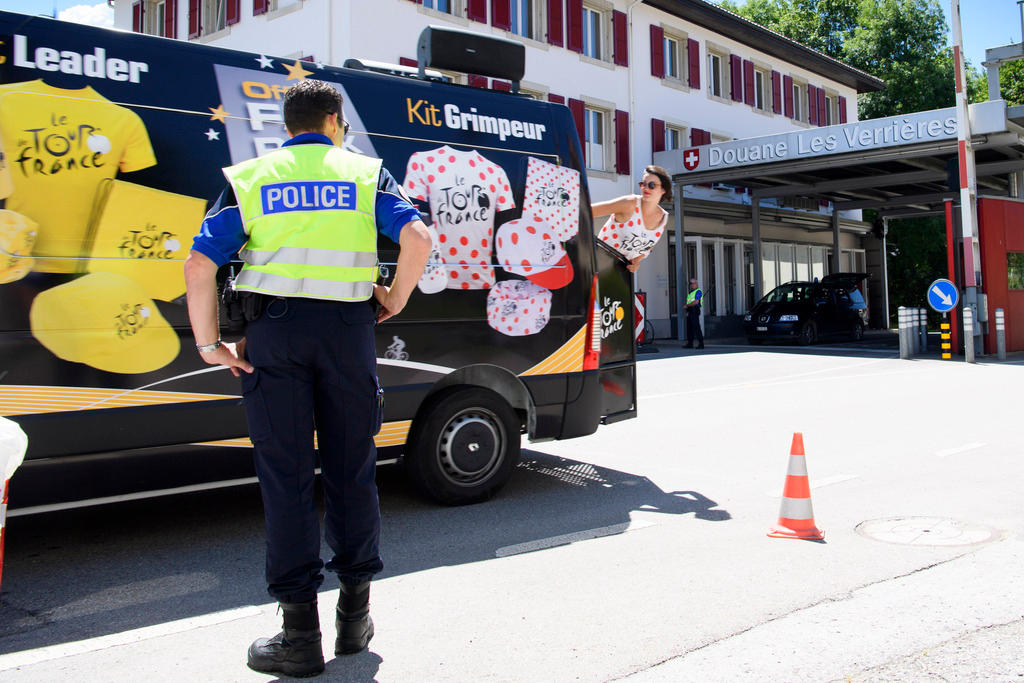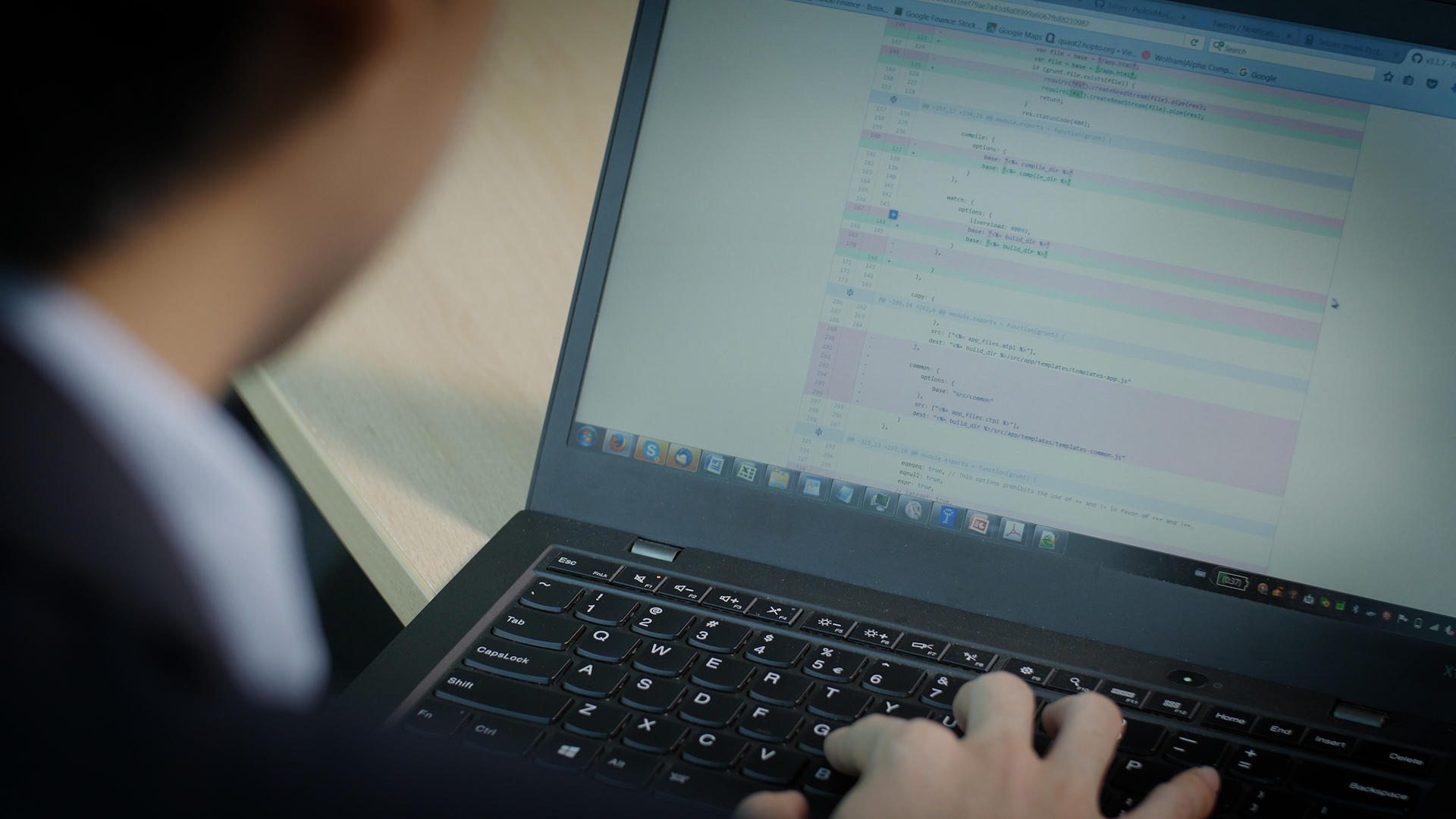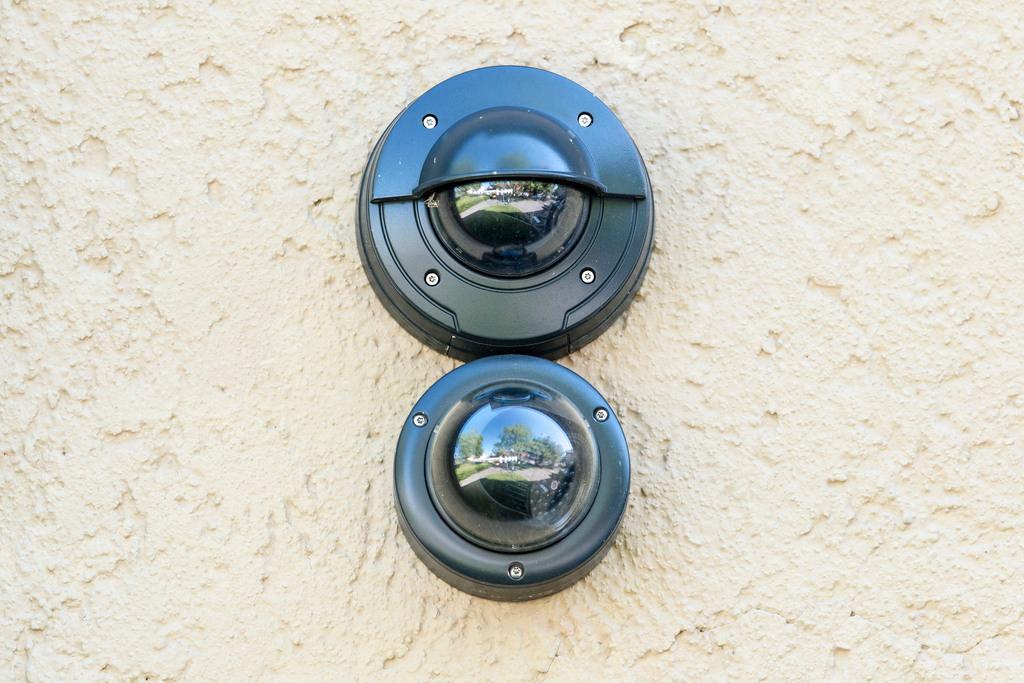Security worries prompt new calls

As Europe comes to grip with a spate of terror attacks, some officials and politicians in Switzerland envision a greater role for citizens and the nation’s 26 cantons to keep an eye out for wrongdoing.
Some of the cantons and conservative nationalists are pushing to expand their eavesdropping capabilities and their prerogative to repatriate asylum seekers and terror suspects, a leading Swiss weekly newspaper, SonntagsZeitung, reported on Sunday.
Recent attacks in France, Belgium and Germany highlight the need to increase monitoring of potential perpetrators and to quickly send suspects back home “even if their security there cannot be absolutely guaranteed”, said Albert Rösti, president of the conservative right Swiss People’s Party.
Heightened tension
New worries about terrorists living among us with European passports have put a new twist on the debate between civil liberties and national security.
Many in Switzerland, however, still recall the major scandal in the late 1980s when it was discovered that the authorities kept secret files on about 900,000 citizens, including environmental activists, church member and trade unionists.
Now, cantons and politicians such as Rösti say they are looking to a “community policing” model in Finland.
Philipp Müller, the former president of the centre-right Radical Party, said such an approach makes sense, as does erring on the side of national security. “The principle should read: In dubio pro Helvetia! When in doubt, for Switzerland, and not for convicted terrorists,” he said.
More closely integrating citizens into the nation’s surveillance capabilities is a “matter of course”, agreed Gerhard Pfister, president of the centre-right Social Democratic Party.
Citizen-based approach
Cantonal authorities mainly want to loosen data protection requirements so that more information can be exchanged with them by citizens monitoring their communities – an approach that Finnish police say is justified.
“There are signs that can be observed in potential perpetrators beforehand. The responsibility to see them falls on best friends, family, teachers, classmates and colleagues. If they call police, threats can be avoided,” said Finnish police inspector Timo Kilpeläinen.
The Finnish police approach aims to reinforce the public’s sense of security and its trust in police, according to its websiteExternal link.
“Community policing is not a separate function practiced by designated community police officers; it is an underlying concept of preventive and security-enhancing police operations, a set of principles and goals that may be put into practice in a variety of ways,” the website says.
Surveillance push
Already, Swiss parliament and government figures have said Switzerland’s intelligence service needs more powers to prevent terrorism and trade in arms. Voters will have the final say on September 25.
A centre-right majority in parliament approved the planned reforms last September, arguing they were an indispensable tool for combatting militant extremist attacks. The legal amendment would give the Federal Intelligence Service (FIS) the right not only to tap phone lines but also to survey e-mails, access computer systems abroad and bug private apartments.
The political left, however, has warned that such reforms could lead to widespread state snooping. They argue the legal amendments are disproportionate and authorities create illusions of security.
In Germany, Chancellor Angela Merkel also in midst of a national debate over how to balance citizen protections with increased community-based and national security.
Merkel is under pressure for welcoming so many refugees from war-torn Afghanistan, Iraq and Syria in the wake of attacks carried out by migrants who may have been inspired by Islamic State but entered Germany before Merkel announced her open-door approach last year.

In compliance with the JTI standards
More: SWI swissinfo.ch certified by the Journalism Trust Initiative



You can find an overview of ongoing debates with our journalists here. Please join us!
If you want to start a conversation about a topic raised in this article or want to report factual errors, email us at english@swissinfo.ch.